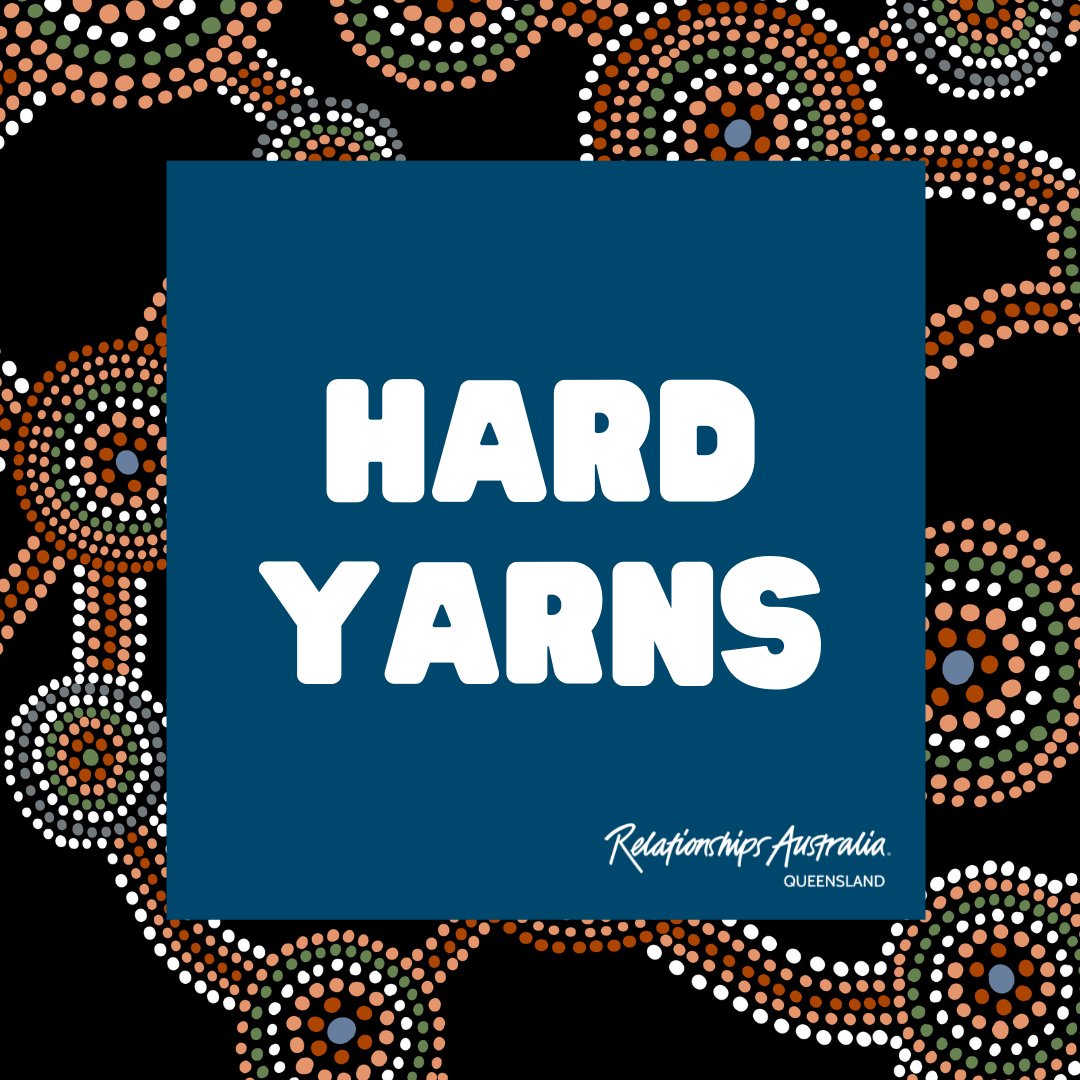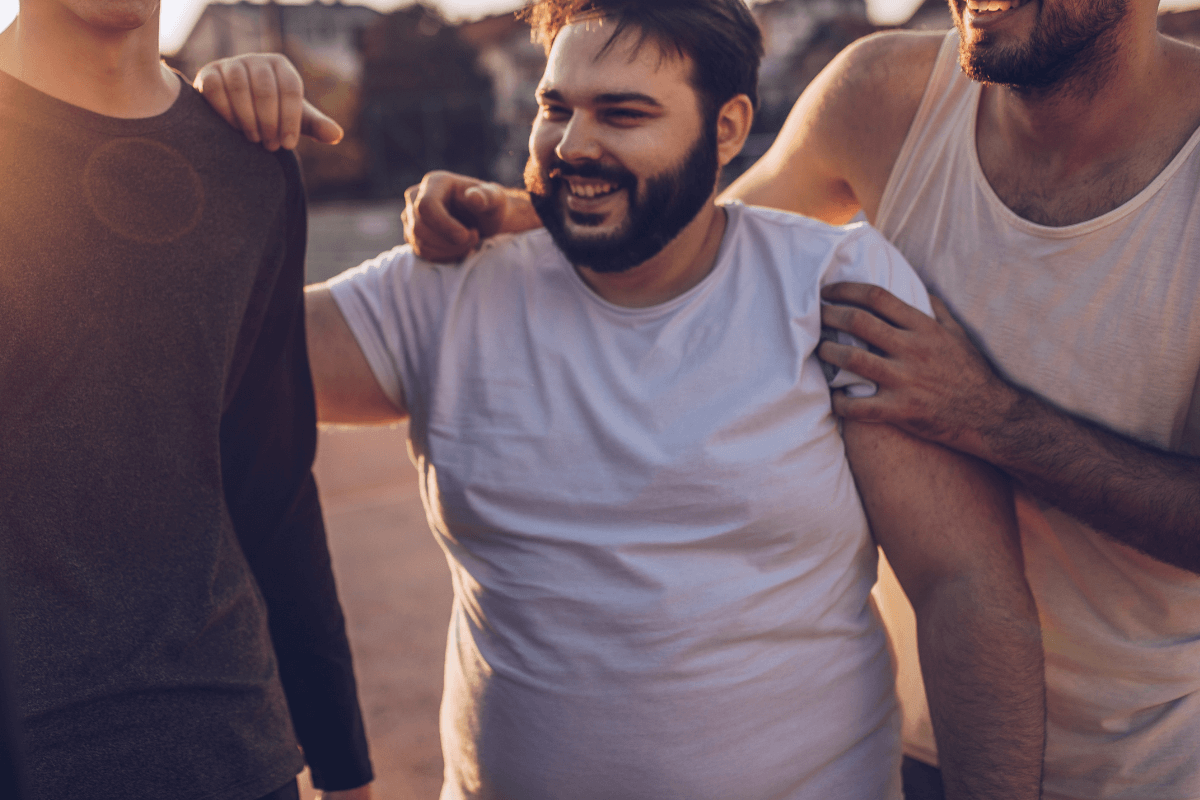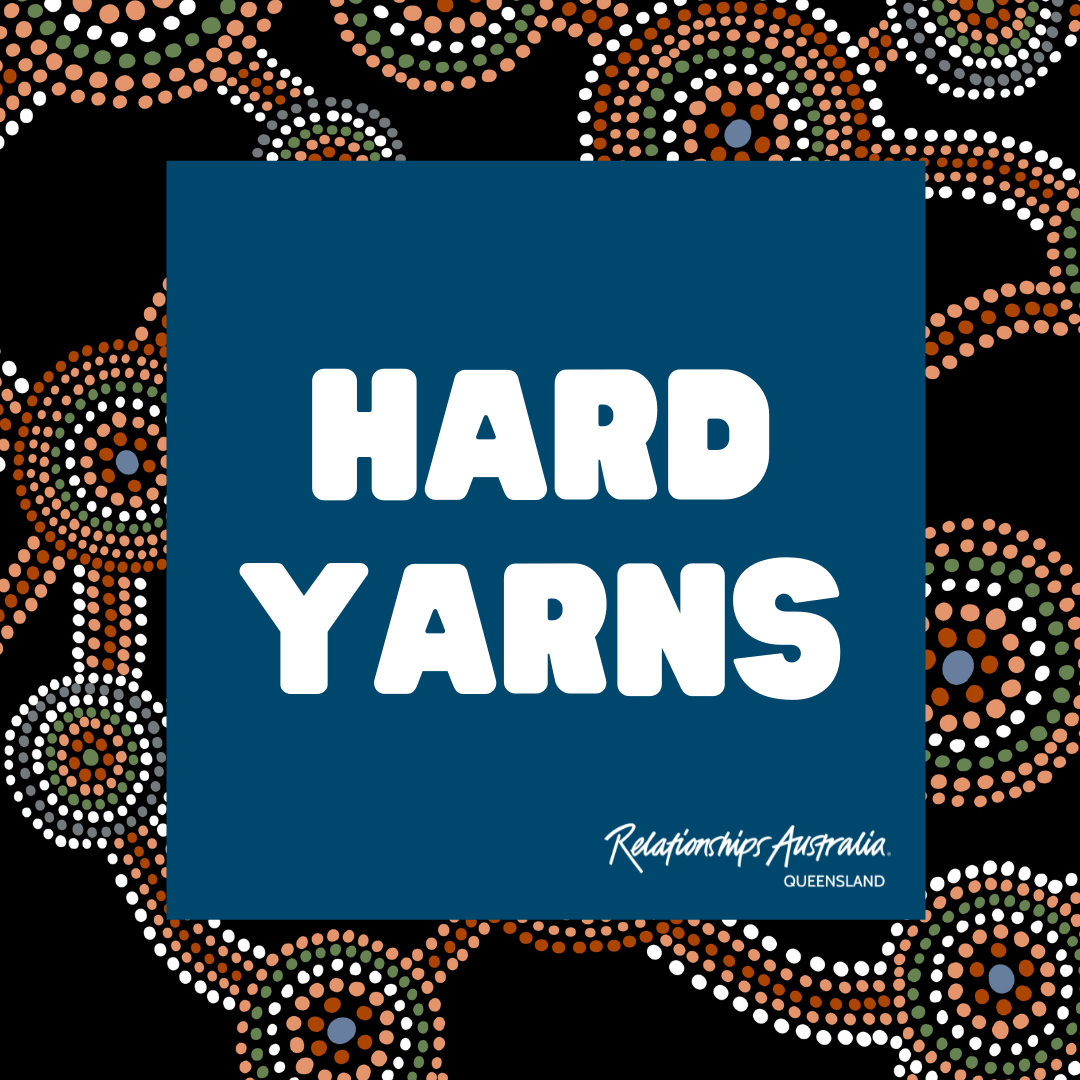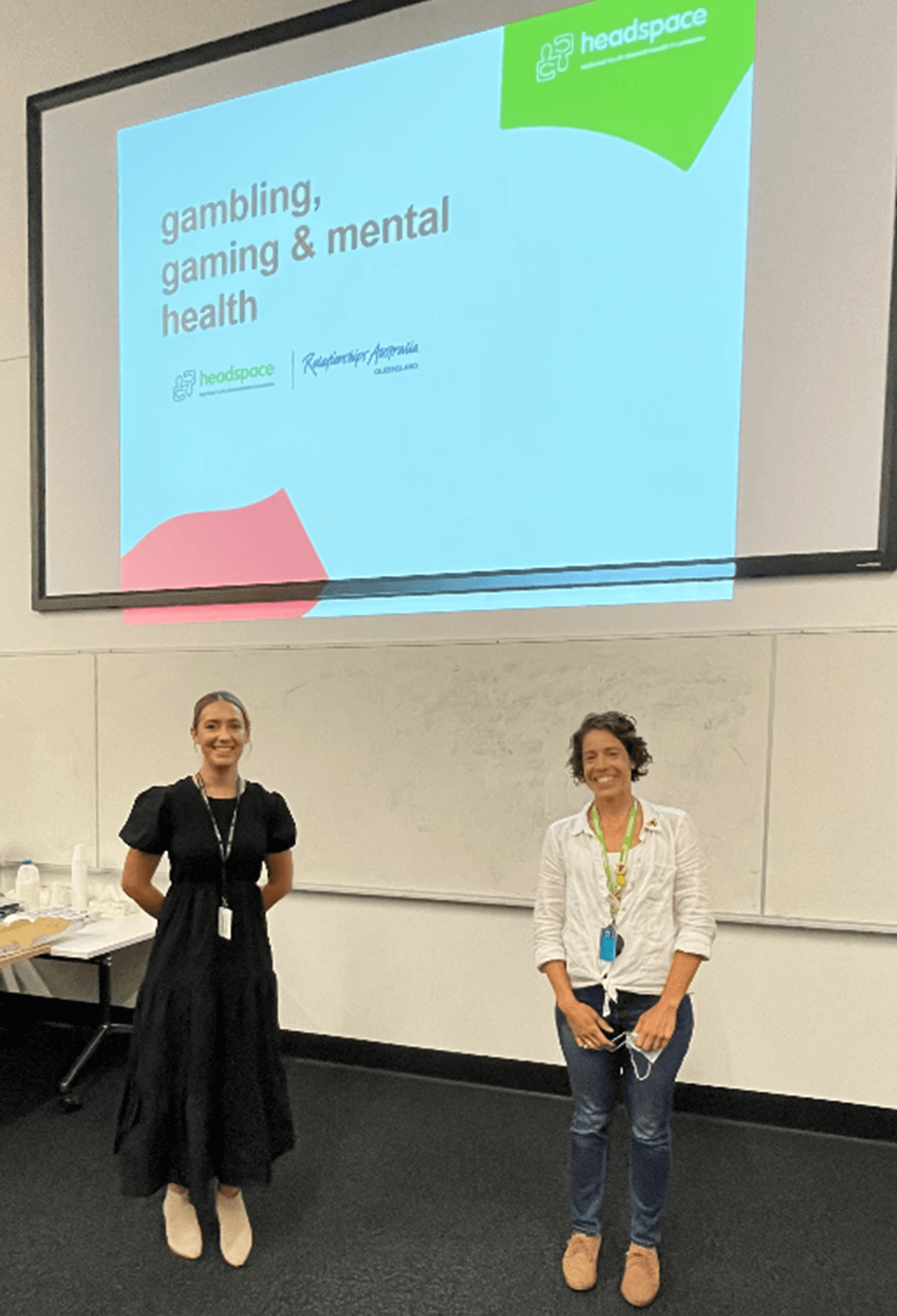Technology has changed the way we gamble, making it more accessible and convenient.
Mobile phone users can access online gambling websites and apps at the touch of a button – any time, anywhere. We’re seeing betting ads on billboards, TV, websites, and even social media apps.
Gambling is engrained in Australian culture, and it’s generally accepted and normalised.
Unfortunately, this easy access and regular advertising means our young people have more exposure to gambling than ever before – and it may seem like an appealing activity to some teens and youth.
According to a recent study, the key influences on youth gambling (aged 12-17) include parents/guardians, peers, and advertising.
“Playing around with gambling and betting is part of this natural exploration of risk-taking, and it’s not just exclusive to young people who are over 18,” Belinda from Headspace Gold Coast explains.
“As a community, we don’t always see the small elements of gambling-like behaviours we unconsciously normalise and expose children to regularly – such as acknowledging Melbourne Cup Day in schools.”
We explore the rates of youth gambling in Australia and what we as parents and a community can do to reduce the risk of gambling harm in our children and young people.
Troubling Numbers
Research has demonstrated that gambling exposure, and particularly the promotion of gambling, may have a significant impact in shaping young people’s positive attitudes towards gambling.
More troubling findings include:
- The average young person spends at least 3-4 hours a day on some sort of online activity
- 1 in 5 adults with gambling problems started gambling before they were 18
- The average age a young person gambles for the first time is 11 years old
- 1 in 5 adolescents play casino games
- Up to 20% of young Australians aged 15-17 have bet on sports in the last 12 months
- In 2015, the gambling industry spent $236 million nationally on advertisement.
Advice for Parents
Gambling-related harm and risks may not be a common conversation parents and guardians have with their children like other youth issues.
But it’s important to provide a safe space for healthy communication around gambling and problem gambling from a young age as it becomes more prevalent among our youth.
“Gambling can be a hidden, dirty word when it comes to recognising that young people under 18 engage in it,” says Belinda.
“But pushing gambling behaviours and related harm under the rug only further negatively impacts young people. It excludes young people from the conversation of gambling harm and discourages early help-seeking.”
Not sure how to start the conversation? We hope these tips help.
Be honest about the odds of winning
Explore and discuss the odds of winning and help them understand the probability of losing.
Have a conversation about risks. We all take risks in life – and maybe more so during our adolescence. Explore the risks and potential consequences of losing when gambling.
Set boundaries and limitations
It’s not uncommon for young people to experiment with risky pursuits and push boundaries. Establishing boundaries, limitations, and expectations can help form healthy behaviours and understanding about the consequences of underage gambling.
Lead by example
Gambling is often a social activity within families of young people who gamble. Young people will pay close attention to the attitudes and behaviours of parents and other adults in their lives. Be mindful of your language and behaviour around gambling and set an example of safe gambling.
Where to Get Support
Relationships Australia and Headspace have teamed up to collaborate with support and advocacy efforts in the youth gambling space.
We work in local communities to start the conversation around young people and gambling, educate the community on how to detect problems associated with gambling, and where to find the appropriate support services.
If you or someone you know is experiencing problems with gambling, free, confidential, and culturally appropriate help is available. You can talk to a counsellor by calling the 24/7 helpline on 1800 858 858.
Or you can contact the Headspace national head office on (03) 9027 0100 to find your local centre. Headspace is committed to providing the best possible service to young people.





